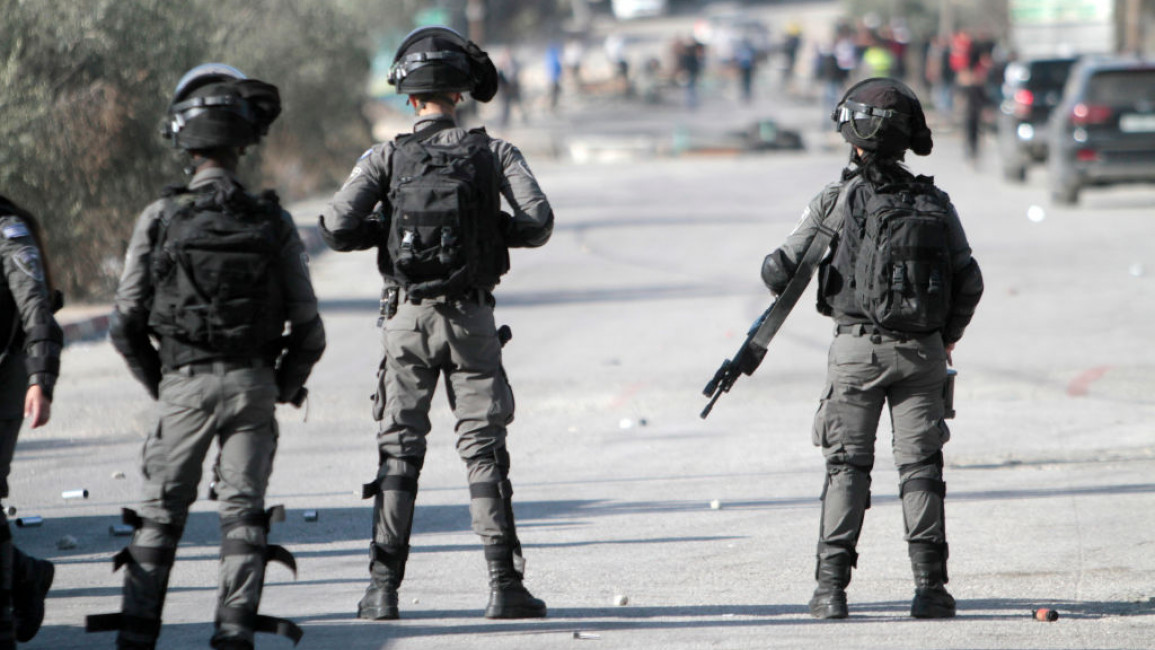US expects full investigation into Israeli killing of elderly Palestinian
The Israeli military said onTuesday it would reprimand a senior officer and remove two others from leadership roles over the death of a 78-year-old Palestinian who was dragged from a car, bound and blindfolded after being stopped at a checkpoint.
In a rare statement acknowledging error, the army said the soldiers believed Omar Assad, who has US citizenship, was asleep when they cut his zip-ties and left him face-down in an abandoned building where he had been detained with three other Palestinians last month. The other detainees said they did not know he was there until after the army left.
It's unclear when exactly Assad died. He was taken to a hospital and pronounced dead after the other detainees found him unconscious.
Assad, who lived in the US for four decades, still has family living in the United States. Even after Israel announced the soldiers would be reprimanded and high-ranking leaders weighed in with criticism, the US said on Tuesday it remains concerned over his death.
Two members of Wisconsin's congressional delegation called on the Biden administration to investigate.
The Israeli military claimed that such incidents are thoroughly investigated.
The U.S. remains deeply concerned by the circumstances of Omar Assad’s death in the West Bank. We expect a thorough criminal investigation and full accountability. The @StateDept has no higher priority than the safety and security of U.S. citizens abroad. https://t.co/eIAiS2ZWtA
— Ned Price (@StateDeptSpox) February 1, 2022
Israel chief of staff General Aviv Kohavi called the soldiers' conduct “immoral and reprehensible,” and Defence Minister Benny Gantz expressed sorrow over Assad's death.
A Palestinian autopsy said Assad died of a heart attack “caused by psychological tension due to the external violence he was exposed to.”
It said he suffered from underlying health conditions but also found bruises on his head, redness on his wrists from being bound, and bleeding in his eyelids from being tightly blindfolded.
Assad was stopped at around 3 am on 12 January at a temporary checkpoint in his home village of Jiljiliya, in the occupied West Bank. The military said he did not have any form of ID and “refused to cooperate with the security check." Its investigation found there was no use of violence “apart from when (Assad) was apprehended after refusing to cooperate.”
It said the soldiers “did not identify signs of distress" when they released the detainees a half-hour later. They “assumed that (Assad) was asleep and did not try to wake him.”
The military said the commander of the battalion will be reprimanded and that the platoon commander and company commander will both be removed from their positions and barred from commanding roles for two years.
A cousin of Assad who lives in the West Bank said the army's response was “totally unacceptable" but that there was nothing the family could do unless Assad's relatives in the US take further action. The cousin asked not to be identified for fear of reprisal.
Assad was born in Jiljilya but spent about 40 years in the United States. He became a US citizen before he returned in 2009 to retire with his wife, Nazmia, his family in the US told The Associated Press. They spoke before the military released its findings.



